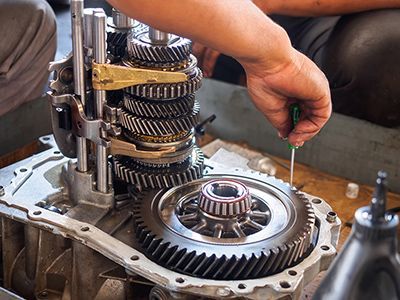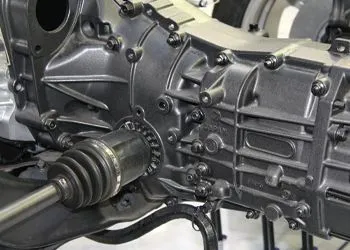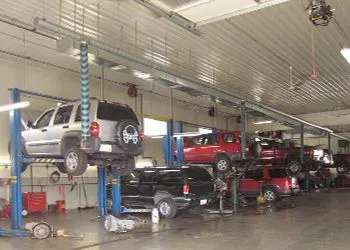What causes Transmission Gear Slipping?

Transmission gear slipping is a common issue that can significantly impact the performance and drivability of your vehicle. Understanding the causes of gear slipping can help you identify the problem early and seek timely repairs, ensuring the longevity and reliability of your transmission. At Waterloo Transmissions in Ohio, we fix transmission issues that cause gear slipping, including these top causes.
Low or Contaminated Transmission Fluid
One of the primary causes of transmission gear slipping is low or contaminated transmission fluid. Transmission fluid is crucial for lubricating the moving parts of the transmission and ensuring smooth gear shifts. When the fluid level is low, or the fluid is contaminated with debris or sludge, it can lead to inadequate lubrication and overheating, causing the gears to slip.
Worn or Damaged Clutch Components
In manual transmissions, the clutch is responsible for engaging and disengaging the gears. Over time, clutch components such as the clutch disc, pressure plate, and release bearing can wear out or become damaged, leading to gear slipping. In automatic transmissions, a similar issue can occur with the clutch packs inside the transmission. If you notice your vehicle slipping out of gear or struggling to shift smoothly, it might be time to inspect and replace these components.
Faulty or Worn Transmission Bands
Transmission bands are used in automatic transmissions to link various gears and control the power flow within the transmission. Over time, these bands can become worn or stretched, causing them to lose their grip on the gears. This loss of grip can result in gear slipping and erratic shifting. Replacing or adjusting the transmission bands can often resolve this issue.
Worn or Broken Gears
The gears inside your transmission are subject to significant wear and tear over time. If the gears become worn, chipped, or broken, they can fail to engage properly, resulting in gear slipping. Regular maintenance and timely repairs are essential to prevent severe gear damage and ensure smooth transmission operation.
Faulty Torque Converter
In automatic transmissions, the torque converter transfers engine power to the transmission. If the torque converter is damaged or malfunctioning, it can cause the transmission to slip. Common signs of torque converter issues include shuddering, overheating, and slipping gears. Addressing torque converter problems early can prevent further damage to the transmission.
Your car’s transmission is essential to its driveability. If you notice gear slipping, be sure to visit Waterloo Transmissions for professional transmission service in Akron, Canton or Dover. With three convenient locations to serve you, we make it easy to take care of your car. Give us a call at the transmission shop near you to
schedule an appointment
for diagnostics or to request an estimate for transmission repair costs.






